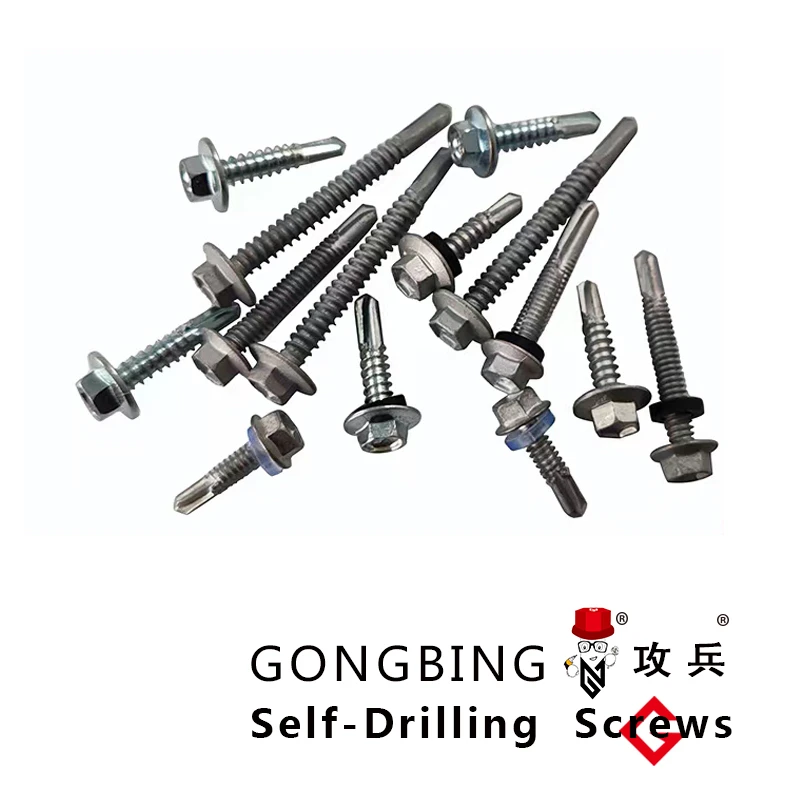chemical anchor fixings
Chemical Anchor Fixings A Comprehensive Overview
Chemical anchor fixings are an essential component in construction and engineering, providing reliable and robust solutions for securing various structures to concrete, masonry, and other materials. They are particularly valued for their ability to offer high load-bearing capacities and enhanced resistance to environmental factors, making them suitable for both indoor and outdoor applications.
What are Chemical Anchor Fixings?
Chemical anchors consist of a two-part system, typically involving a resin and a hardener that, when mixed together, create a strong adhesive bond. The components are inserted into a pre-drilled hole in the substrate, where they expand and harden, effectively anchoring the fixing in place. This process allows for a high level of adhesion, which is critical in applications where mechanical anchors may not provide sufficient strength or durability.
Applications and Benefits
Chemical anchors are commonly used in a variety of applications, including but not limited to
1. Structural Support They are often employed in the installation of steel beams, columns, and frames, providing strong anchorage that can withstand heavy loads. 2. Masonry and Concrete The versatility of chemical anchors makes them suitable for securing fixtures, brackets, and shelving units to both masonry and concrete materials without the risk of cracking or damaging the substrate. 3. Seismic Areas In areas prone to earthquakes, chemical anchors are preferred because they distribute loads more evenly and are less likely to become dislodged compared to traditional mechanical anchors.
The benefits of using chemical anchor fixings are significant
- Strength and Stability The chemical bonding process results in an exceptionally strong fastening solution that can support greater loads than traditional methods. - Versatility Available in various formulations, chemical anchors can be adapted to different types of materials, including hollow blocks, solid concrete, and even underwater environments.
chemical anchor fixings

- Reduced Stress on Substrate Unlike mechanical anchors, chemical anchors minimize the stress on surrounding materials, reducing the risk of cracks and structural failure
.- Corrosion Resistance Many chemical anchor products are designed to resist corrosion, making them ideal for outdoor applications and environments exposed to moisture.
Considerations in Usage
While chemical anchor fixings are advantageous, certain factors must be taken into account during their application
- Drilling Quality The effectiveness of chemical anchors is greatly influenced by the quality of the drilled hole. Proper cleaning and preparation of the hole are essential for achieving optimal adhesion. - Cure Time Different chemical anchor products have varying cure times, which can impact the speed of project completion. Ensuring that the anchor has fully cured before applying loads is crucial.
- Temperature and Environmental Conditions The performance of chemical anchors can be affected by temperature and humidity. It is essential to follow the manufacturer's guidelines regarding suitable application conditions.
Conclusion
Chemical anchor fixings represent a modern solution to fastening challenges in construction and engineering. Their unique properties make them an ideal choice for a wide range of applications, providing strength, durability, and versatility. As technology advances and new formulations are developed, the use of chemical anchors will likely continue to grow, ensuring secure and stable structures for years to come. Whether used in residential settings or large-scale projects, understanding the advantages and proper application techniques of chemical anchors is key to achieving safe and effective installations.
-
Weatherproof Plastic Expansion Anchors for OutdoorNewsJun.06,2025
-
Sustainability in the Supply Chain: Eco-Friendly TEK Screws ProductionNewsJun.06,2025
-
Load-Bearing Capacity of External Insulation FixingsNewsJun.06,2025
-
Double Head Bolts: Enhancing Efficiency in Industrial MachineryNewsJun.06,2025
-
Corrosion Resistance in Chipboard Screws: Coatings for Wholesale DurabilityNewsJun.06,2025
-
Butterfly Toggle Bolts : Enhancing Structural ResilienceNewsJun.06,2025
